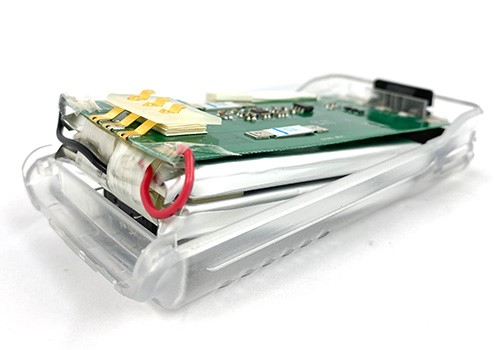Battery energy storage systems (BESS) are crucial technologies that store electrical energy for later use. They play a pivotal role in modern energy management, offering flexibility and efficiency in power distribution. Understanding how these systems operate is essential for grasping their significance in today’s energy sector.
Overview of Battery Energy Storage Systems
A battery energy storage system consists of multiple battery packs connected to an inverter. The inverter converts direct current (DC) from the batteries into alternating current (AC), which is suitable for grid-connected applications or for powering electric loads. These systems vary in size from small residential units to large-scale installations used by utilities.
Components of a Battery Energy Storage System
Key components include the battery, which can range from lithium-ion to lead-acid depending on the application. Each type offers different advantages such as energy density, cycle life, and maintenance requirements. The inverter is critical for converting electricity efficiently, ensuring that energy flows smoothly between the grid and the batteries.
Battery High Performance and Applications
The demand for battery high performance has driven advancements in battery technology, resulting in more efficient and reliable systems. Polymer battery manufacturers continually innovate to meet industry standards and consumer needs. These batteries are used not only in energy storage systems but also in portable electronics and electric vehicles, highlighting their versatility and importance.
Operation and Functionality
During operation, the battery energy storage system stores excess energy when supply exceeds demand. This stored energy can be discharged when demand exceeds supply, thereby balancing the grid and increasing grid stability. Battery management systems (BMS) play a crucial role in monitoring and controlling battery performance, ensuring optimal operation and longevity.
Benefits and Advantages
The advantages of battery energy storage systems are manifold. They include peak shaving—reducing electricity costs by discharging stored energy during peak demand periods—and grid stabilization, which enhances reliability and resilience. Additionally, these systems support renewable energy integration by mitigating intermittency and enabling smoother power delivery.
Future Trends and Conclusion
Looking ahead, advancements in battery technology promise even greater efficiency and cost-effectiveness. As Emerging Power continues to innovate in battery storage solutions, the industry will likely see increased deployment of smart grid technologies and micro grids, transforming energy management globally.
Integration with Renewable Energy Sources
Battery energy storage systems enable the integration of renewable energy sources like solar and wind power into the grid. They store excess energy produced during peak periods and distribute it during low production times or periods of high demand. This capability helps smooth fluctuations in renewable energy output, making it more reliable and predictable for utilities and consumers alike.
Applications in Emergency Backup and Off-Grid Solutions
Battery energy storage systems serve critical roles in emergency backup situations and off-grid applications. In areas prone to power outages, these systems provide uninterrupted electricity supply until grid power is restored. They are also essential for off-grid installations, such as remote communities and telecommunication towers, ensuring continuous power availability without reliance on traditional grid infrastructure.
In conclusion
Understanding the fundamentals of battery energy storage systems is essential for navigating the complexities of modern energy infrastructure. These systems not only enhance grid reliability and efficiency but also pave the way for a more sustainable and resilient energy future. Polymer battery manufacturers play a crucial role in advancing the technology, continually improving battery performance and durability to meet the evolving demands of energy storage applications. Emerging Power is leading manufacturer of different types of batteries used as a battery energy storage system. Follow us for deep-insight into the battery energy storage systems and range of battery packs used for multiple applications.

